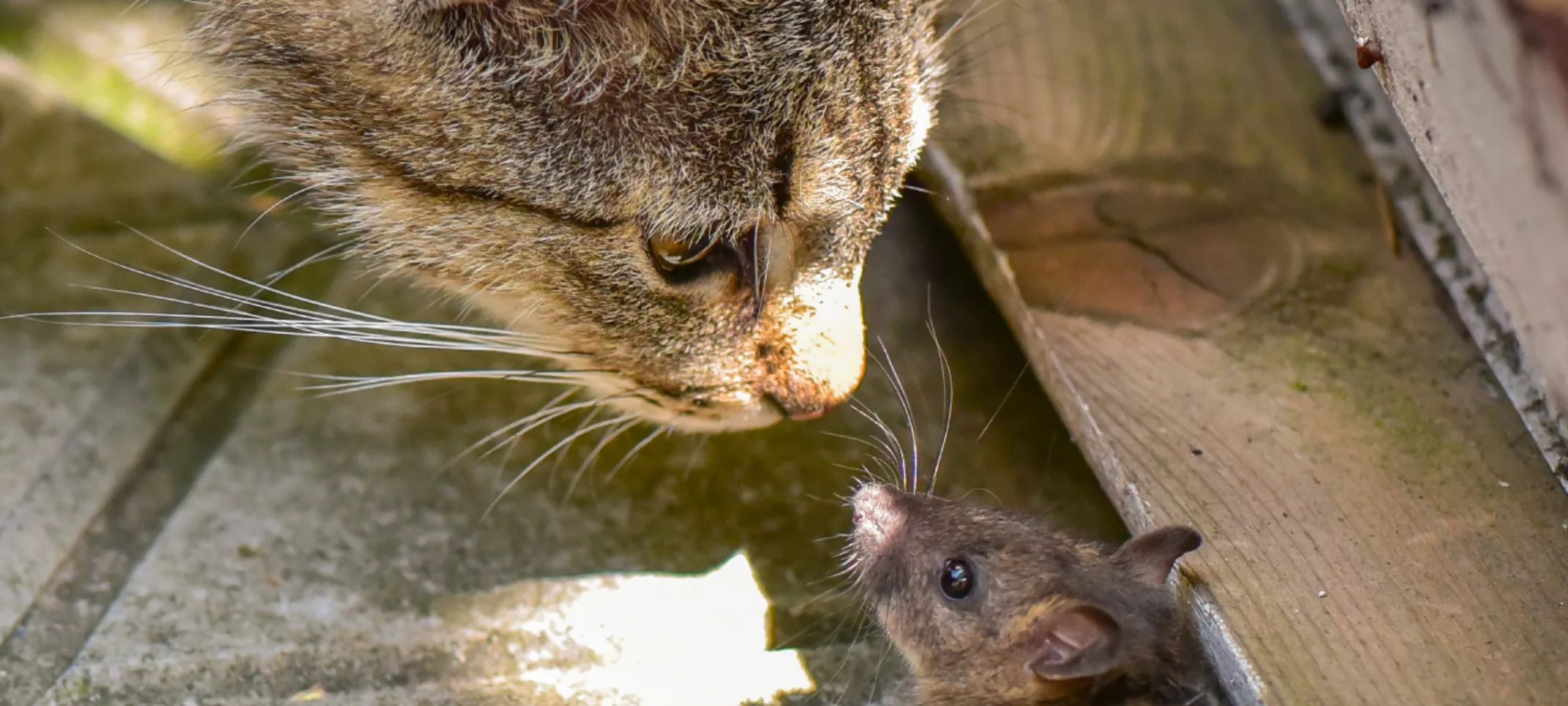I-20 Animal Medical Center
Rat Bait Toxicity

Rat bait toxicity is one of the most common forms of poisoning we see in our animal ER. Rodents are always a problem in Texas, but especially during the warm months.
Types Of Rat Baits Available
There are 3 different types of rat poison available for over-the-counter use, and many of us routinely use them. All 3 types are toxic to pets, so if you use them, please make sure you set them in a place that your pet can’t get to.
The most common type of rat poison is the type that affects the body’s ability to properly clot blood, so these patients show signs of bleeding. Another type of rat poison alters vitamin D metabolism, which causes calcium to accumulate in the blood stream in dangerously high levels. If diagnosed early enough, poisoning with this type of product can be treated, but requires several days of intensive care in the hospital.
The third type of rat bait (bromethalin) affects the central nervous system and causes loss of appetite, impaired movement, paralysis of the hind limbs, slight muscle tremors, and seizures. There is no antidote for this type, and treatment is directed to controlling seizures. Again, this requires hospital treatment.
Don’t forget that if your pet goes outdoors there is a possibility your pet may come in contact with rat/mouse bait. It could be in a neighbor’s yard, a trash can, or in regards to cats, ingestion could occur if your cat chews on a rodent that has been poisoned.
New Rat Bait Without Antidote Alarms Pet Toxicology Experts
More manufacturers are switching to bromethalin because of an EPA issued decision in 2008 prohibiting the use of long acting anticoagulants in residential settings. Manufacturers are required to sell rat bait in block form and tamper-resistant bait stations. The intention was to make rat baits safer for children and pets with less chance of exposure, but has instead alarmed pet toxicology experts because this type of rat bait does not have an antidote.
If you intend to use a rodenticide, we encourage you to choose baits that do not contain bromethalin over others as there is NOT a readily available antidote. Look on the label of rat/mouse bait for the active ingredient such as; long-acting anticoagulants, cholecalciferol, bromethlin, and phosphide.
If Your Pet Ingests Rat/mouse Bait
If your pet ingests any type of rat poison, contact us as soon as possible. BRING THE BOX OF RAT BAIT WITH YOU, so that it can be determined what the active ingredients are to ensure proper treatment. Pet owners will often place rat baits in areas THEY THINK are not accessible by their pet, only to find out that their pet has dug, or burrowed or wiggled their way through the barricades, shelves or barriers to find and consume the rat bait.
